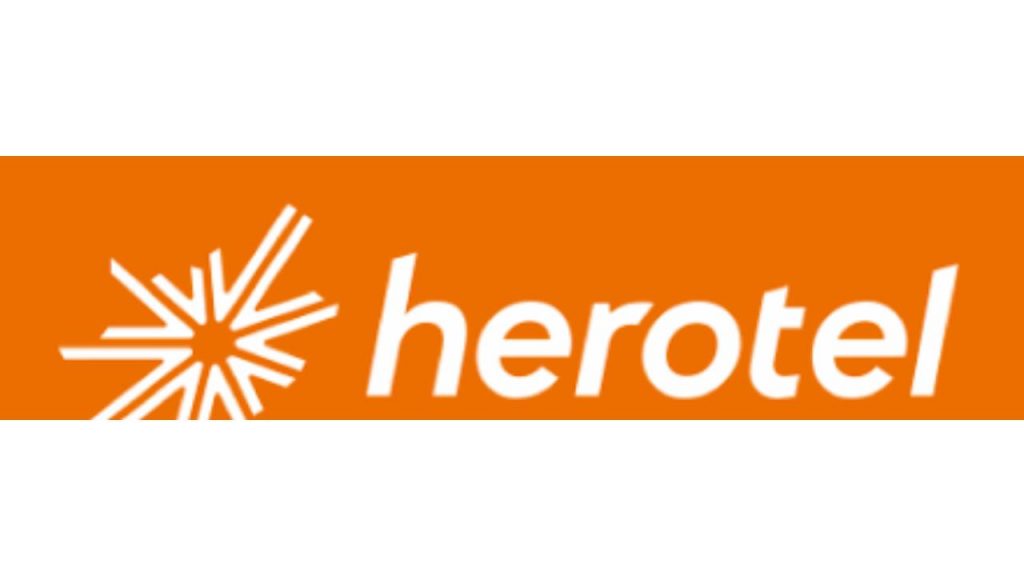- The company operates South Africa’s largest fixed‑wireless network and is the third‑largest fibre network operator, serving more than a quarter of a million homes and businesses.
- Focused on affordability and community engagement, Herotel builds local fibre and wireless infrastructure to bridge the digital divide in underserved regions.
Herotel expands its national internet footprint
HERO TELECOMS (PTY) LTD, trading as Herotel, began in 2013 with the goal of making affordable internet available to all South Africans. It started by consolidating around 30 local, owner‑operated wireless ISPs into a single national brand.
Today, Herotel operates the largest fixed‑wireless network in South Africa and ranks as the third-largest fibre network operator. It passes close to 600,000 premises and serves more than 250,000 customers in over 500 towns. The company offers fibre broadband, wireless internet, and enterprise solutions such as dark fibre and Layer 2 connectivity. Its presence spans both urban and rural areas.
Herotel was recently recognised by the MyBroadband Best Speed Index Award for 2025. The company also maintains interconnection infrastructure, with more than 2,000 towers and multiple Points of Presence (POPs), allowing it to manage its own service delivery across regions.
Also read: BigPay Ghana: Revolutionising digital payments
Also read: Prudential Bank: Driving innovation in Ghana’s banking sector
Fibre and wireless for underserved communities
Internet access remains unequal across South Africa, especially in smaller towns and rural areas. Large providers often delay installations or require long-term contracts, making it difficult for households and small businesses to get connected. Herotel addresses this by building its own infrastructure and delivering flexible, no‑contract internet at a lower cost.
Its fibre rollouts are targeted at areas typically overlooked by national incumbents, and its wireless service extends coverage where fibre is not yet viable. The company combines its infrastructure ownership with local service teams, enabling quicker setup and better responsiveness in community-specific scenarios.
Herotel is also playing a growing role in South Africa’s broader digital inclusion strategy. By integrating local networks into a unified national system and continuing to invest in regional expansion, it helps bridge the country’s urban–rural digital divide. The company’s model demonstrates how smaller telecom providers can scale effectively while staying rooted in local service delivery.

